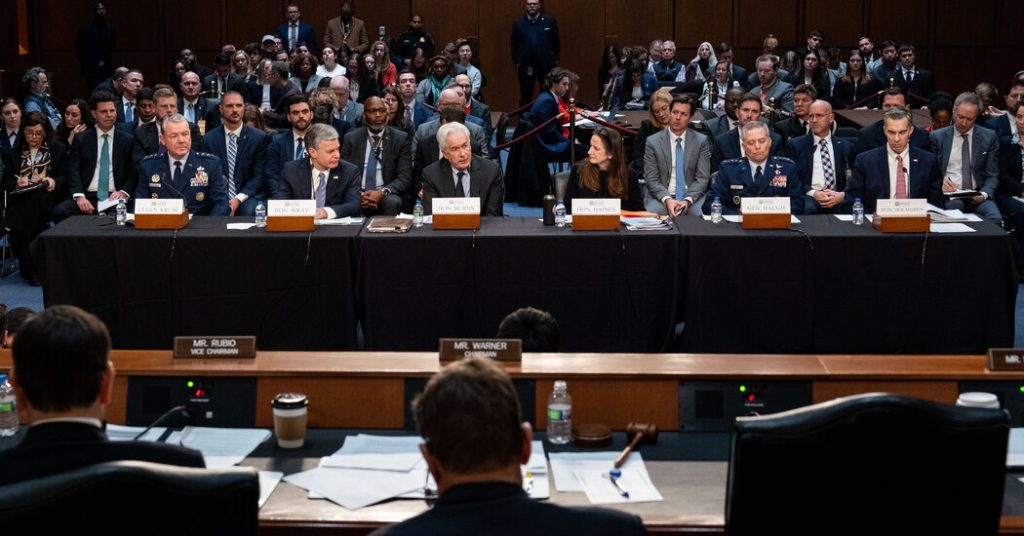President Donald J. Trump has openly displayed his hostility towards intelligence officials, referring to them as part of a politicized “deep state” that is working against him. This distrust has escalated into outright hostility since he left office, with potential implications for national security if he were to be re-elected. Trump has accused intelligence agencies of spying on his 2016 campaign and has taken legal action against them, claiming there is no basis for their claims against him.
Trump’s antagonistic attitude towards the intelligence community has resulted in concerns about the future relationship between him and these agencies. Some senior intelligence officials are considering early retirement or leaving their positions if Trump is re-elected and appoints close allies to lead agencies such as the CIA. There are fears of potential purges and retaliation against current and former intelligence officials who are viewed as disloyal by the former president.
Trump’s distrust of the intelligence community dates back to his 2016 campaign, during which he believed he was unfairly targeted by intelligence agencies. He has also criticized the handling of the Russia investigation and FISA warrants, citing misconduct by intelligence agencies. Despite concerns about his reliability in handling classified information, Trump’s second term could pose challenges for intelligence agencies if he is re-elected.
While it is unclear how Trump plans to address national security issues if re-elected, his past actions and statements suggest a willingness to confront the intelligence community. By appointing loyalists and potentially weakening the agencies’ independence, Trump could create a turbulent relationship with intelligence officials. However, there is uncertainty about his exact plans and strategies for dealing with the intelligence community if he returns to power.
If Trump were to be re-elected, he could potentially implement changes in civil service regulations to make it easier to fire and replace intelligence officials who are perceived as hindering his agenda. Some of his advisers have proposed measures to streamline the process of gaining security clearances and accessing classified information. Additionally, Trump may continue to appoint acting officials to key positions, bypassing Senate confirmation requirements.
As the possibility of Trump’s return to power looms, concerns about his rapport with the intelligence community persist. With his history of confrontation and skepticism towards intelligence officials, a second term could see significant changes in the leadership and operations of agencies like the CIA. The outcome of the relationship between Trump and the intelligence community remains uncertain, but his past actions and statements provide insight into the potential challenges that may arise.


